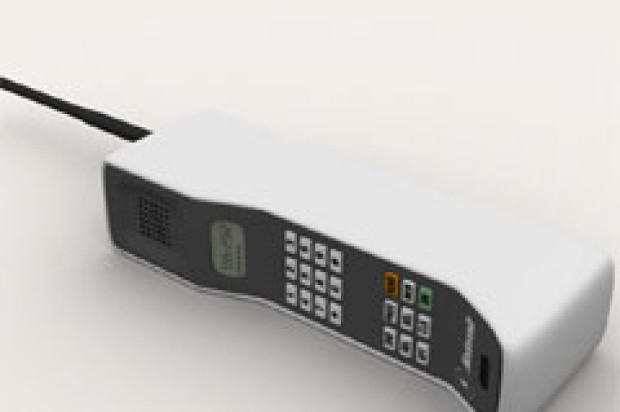
Attorneys for the Electronic Frontier Foundation found themselves in an ironic position in federal court in San Francisco today, arguing that domestic cellphone records collected by the National Security Agency should be preserved despite their contention that the records were unconstitutionally obtained and illegal.
U.S. District Judge Jeffrey White did order at the end of this afternoon’s hearing that the records be preserved in one of two cases filed by the EFF challenging the NSA’s collection of metadata from domestic cellphone carriers. The data includes numbers dialed and length of phone calls.
That case was filed last year on behalf of 19 organizations, led by the First Unitarian Church of Los Angeles, contending that the data collection violates the constitutional First Amendment right of association because it could chill or inhibit their members from joining together and expressing political views.
The second case was filed in 2008 on behalf of five Californians led by Carolyn Jewel of Petaluma. White had already issued a similar ruling in that case.
However, attorneys for the EFF are not likely to see the preserved evidence any time soon, as much of the evidence pertaining to domestic surveillance programs remains classified.
“To some extent the plaintiffs are throwing shots in the dark because the plaintiffs do not know the breadth” of the domestic surveillance programs, White said.
He said, however, that he does know the breadth of the programs because he had been briefed on some of the evidence in secret presentations but that much of that evidence remains unavailable to EFF attorneys.
White discussed different evidence that might be available without jeopardizing national security, including if the government revealed which carriers were ordered to turn over metadata and when. Government attorneys, while acknowledging that such court orders did exist, said that they are also classified.
“I’m shadowboxing here because I don’t know what the government has told you in their secret presentations,” EFF attorney Cindy Cohn said.
One thing that does substantiate the EFF’s claims is leaked documents revealed by former NSA contractor Edward Snowden, which included one such order for records from Verizon. Cohn said that Snowden’s revelations have provoked more revelations from the NSA and President Barack Obama.
While characterizing Snowden’s revelations as “treasonous,” White acknowledged that they helped to substantiate the EFF’s claims.
The hearing was called today after government briefs indicated that the initial 2008 lawsuit only applied to records collected under domestic surveillance programs authorized by then-President George W. Bush.
However, the documents Snowden revealed indicated a broad domestic surveillance program authorized by the top-secret Foreign Intelligence Surveillance Court. FISC rules require data collected to be destroyed within five years, according to court briefs.
Government attorneys argued that collecting and storing such data in a way that complies with FISC would require making it unavailable for NSA intelligence collection, and preserving the voluminous data collected would create a financial and logistical burden on the NSA.
“It’s difficult to imagine that the NSA, given what we know about their capabilities, can’t create a backup system,” Cohn said.
The NSA attorneys said that no relevant data had been destroyed since the EFF filed their lawsuits, and that the data is being stored “in various media.”
Scott Morris, Bay City News









